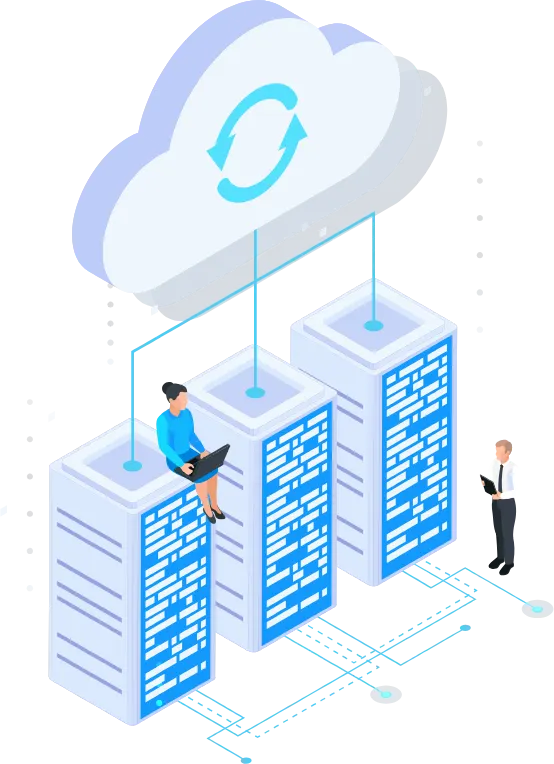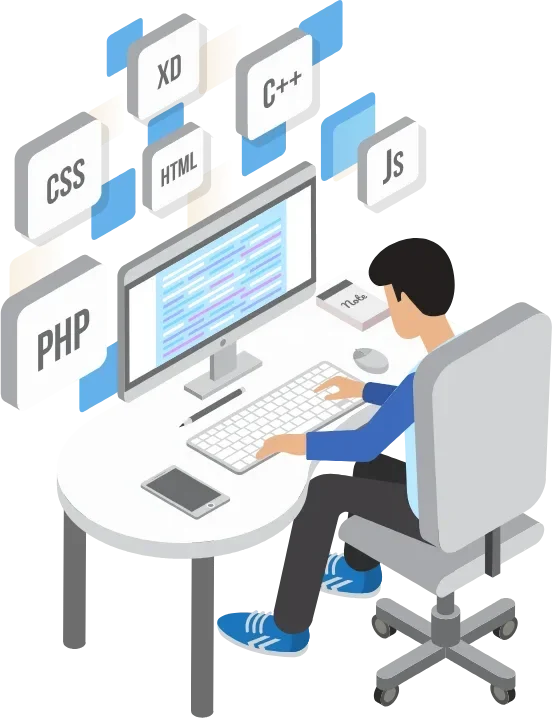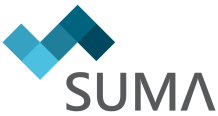Empowering your business with cutting-edge cloud technology
Cloud-based Application Development
Cloud-Native Application Development
Cloud-Enabled Development
Cloud Application Development Process

Features of our Cloud App Development Service

Our Domain Expertise
- Healthcare
- Finance
- Retail
- e-Commerce
- Education
- Manufacturing
- Government
- Transportation & Logistics
Cloud Application Development Technology Expertise

- HTML 5
- CSS
- Javascript
- Angular
- React
- Vue.js
- .Net
- Java
- Python
- Node.js
- PHP
- Azure SQL
- MySQL
- ORACLE
- PostgreSQL
- Microsoft SQL Server
- MongoDB
- iOS
- Android
- PWA
- Xamarin
- Flutter
- React Native
- Ionic
- Microsoft Dynamics 365
- Sharepoint
- ServiceNow
Cloud Application Development FAQs
How does cloud app development differ from traditional app development?
Cloud app development uses cloud computing resources, which provides greater scalability, agility, efficiency, flexibility, and cost-effectiveness than traditional on-premise servers. Cloud apps can handle increased traffic and data without investing in additional infrastructure. Secondly, cloud app development leverages APIs and microservices architecture, allowing for integrating multiple services and applications, resulting in greater functionality and faster development cycles. Lastly, cloud app development emphasizes continuous delivery and deployment, allowing for faster release cycles and quicker updates.
What are the benefits of Cloud-based Applications? Do you have any stats?
- Organizations that migrate to the cloud can achieve a 3.2x [320%] multiple in return on investment (ROI).
- Organizations that migrate to the cloud-based Application can save an average of 21% on their annual IT spend.
- 80% of organizations that migrate to the cloud experience improvements in scalability.
- Organizations that migrate to cloud-based Applications experience a 63% improvement in time to deploy applications.
- Cloud applications experience 40% fewer security incidents than on-premise applications.
- When organizations use cloud-based application development platforms, they generally experience a 70% reduction in time-to-market.
- Organizations that use cloud-based disaster recovery solutions experience 96% less downtime than those that don't. Organizations that move their applications to the cloud can reduce their energy consumption by up to 90%.
- 64% of enterprises agree that the pay-per-use model is one of the top benefits of the cloud.
- Organizations migrating to the cloud can save 30% on infrastructure costs.
What are your development best practices?
Cloud Application Development Best PracticesCloud Application Development uses cloud computing technologies such as virtualization, containerization, and orchestration to provide businesses with scalable, flexible, and cost-effective solutions. At Suma Soft, we follow best practices for cloud application development to ensure that our clients receive reliable, efficient, and high-quality solutions. Some of the best practices include:
Understanding Business Requirements: We work closely with clients to understand their business needs, goals, and objectives. This helps us to design and develop cloud applications that meet their specific requirements.
Choosing the Right Cloud Platform: We evaluate different cloud platforms to select the most appropriate one based on the specific needs of our clients. We consider scalability, flexibility, security, and cost-effectiveness factors while choosing the platform.
Designing for Scalability and Resilience: We develop cloud applications that can scale horizontally or vertically to handle increased workload demands. We also ensure that the applications are resilient to failures and can recover quickly from downtime.
Implementing Security Best Practices: Our approach to safeguarding cloud-based applications meets industry standards. This encompasses utilizing encryption for data at rest and in motion, enforcing access controls, and monitoring to detect any possible security violations.
Leveraging DevOps: We leverage DevOps practices to automate the development, testing, deployment, and operation of cloud applications. This helps to improve the speed and quality of software delivery, reduce errors, and increase agility.
Monitoring and Performance Optimization: We monitor cloud applications for performance issues, errors, and security threats. We also optimize the performance of the applications by fine-tuning resource allocation, load balancing, and database optimization. Our best practices ensure that our clients receive high-quality cloud applications that are secure, scalable, and reliable.
How do we get started?
Once you have decided to move forward, the next step is to contact Suma Soft and schedule a consultation with our business development manager. During this consultation, you can discuss your project requirements, timeline, and budget with a Suma Soft representative who can provide you with a customized proposal. After reviewing and approving the proposal, you can sign a contract with Suma Soft and begin the development process. Suma Soft will assign a project manager and development team to your project, who will work closely with your team to ensure your product is delivered on time and within budget. Throughout the development process, you will communicate regularly with the project manager and development team, who will provide progress updates and address any questions or concerns. Once the cloud application is completed, Suma Soft will provide support and maintenance to ensure your Application remains up-to-date and secure.
